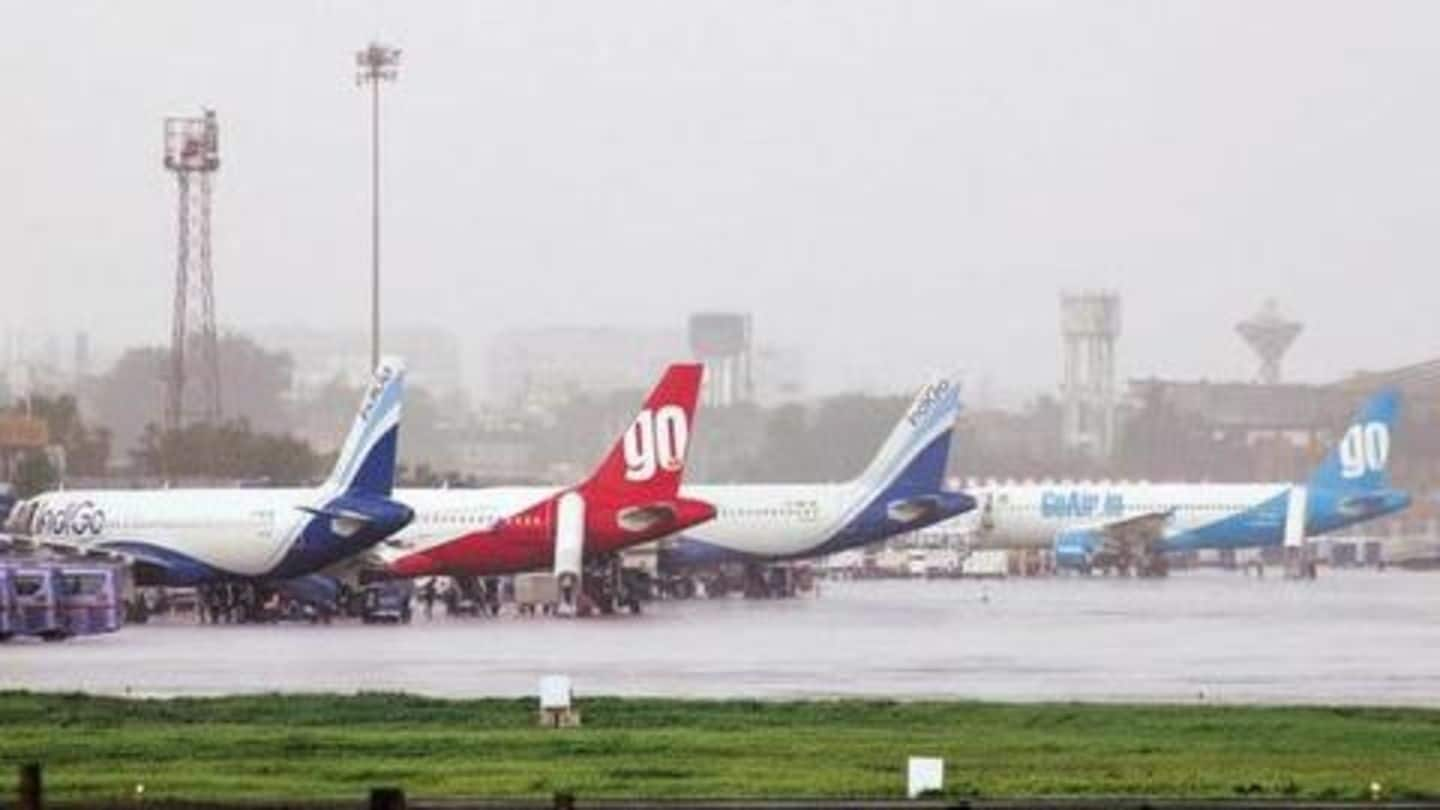
Indian airlines can meet just 3 weeks' expenses; needs govt-help
What's the story
Amid rising fuel prices and the weakening rupee, airlines in India are having a hard time staying afloat, and have asked the government to help them get unsecured credit from oil companies and airports. Earlier, during similar periods of loss in 2009 and 2011, airlines had asked the government to intervene in a similar fashion. Here are the details.
Request
What airlines have asked the government to do
In a recent letter to the Ministry of Civil Aviation, the Federation of Indian Airlines (FIA) asked the government to help them secure a month's extra, and unsecured credit from oil-marketing companies. Further, they asked that penalties for late payment be waived. The FIA consists of Jet Airways, IndiGo, GoAir, and SpiceJet, and accounts for 80% of India's domestic aviation market.
Quote
An excerpt from the FIA's letter
"We request (this) to tide over these tough times and with a commitment from member airlines to make staggered payments over the next few months," reads the FIA's letter, addressed to Aviation Secretary Rajiv Narayan Choubey.
Situation
Indian airlines have money to cover expenses for 2-3 weeks
The request comes at a time when losses of Indian carriers is set to balloon to $1.9bn by March 2019. Further, according to Sydney-based consulting group, CAPA Centre for Aviation, Indian airlines have cash balances to cover only two to three weeks of expenses, and need to raise $3bn of working capital in the near-term to stay afloat.
Factors
Why Indian airlines are in this situation
The dire situation faced by most Indian airlines is resultant of increasing fuel prices, the weakening rupee, and competition in the sector resultant of unprecedented growth in passenger numbers. Indian airlines pay some of the highest jet fuel prices in the world owing to heavy taxes, and the situation has been made worse by the rupee's fall, which has, so far, declined 11% against the dollar this year.
Competition
Airlines cannot hike fares owing to competition
Adding to their woes is competition in the sector. Owing to an unprecedented number of Indians taking to the skies, competition among carriers and aggressive pricing have kept fares low, despite rises in input costs. According to CRISIL, Indian airlines are required to raise fares by at least 12% to offset the losses resulting out of increasing fuel prices and the weakening rupee. However, such a hike could see many seats go empty.